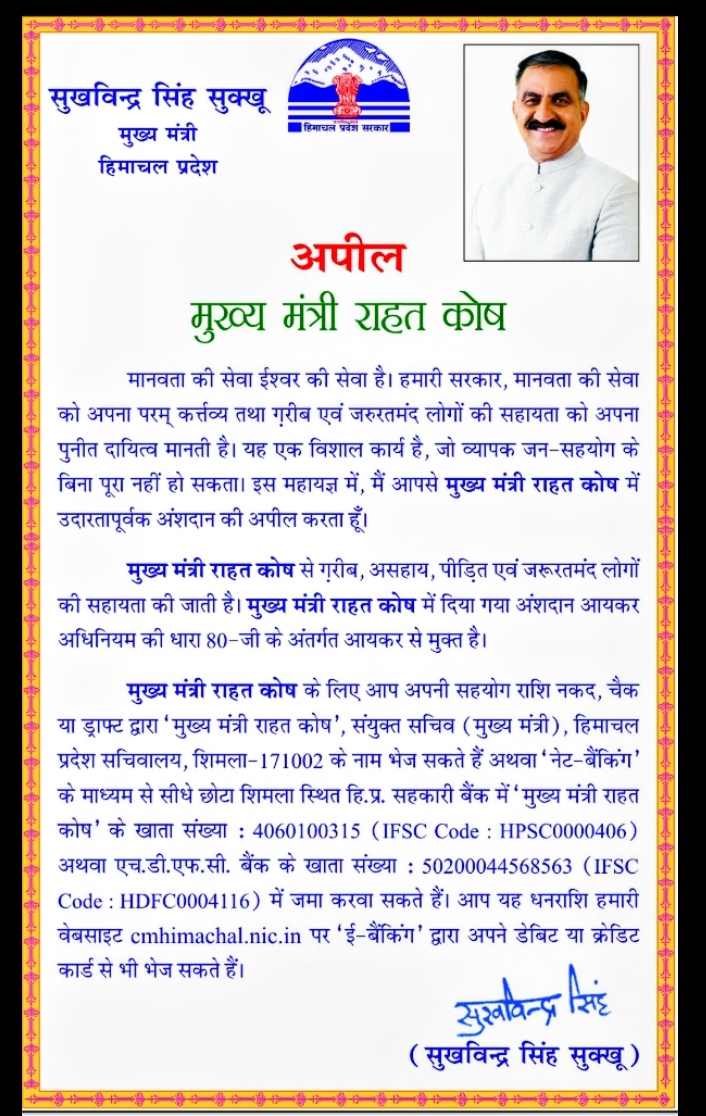Benefit from American Strategies in Combating Corruption. Firstly, India should embrace a strong and independent judiciary
Learning from America: Combating Corruption in India








Editor-in-Chief, HR MEDIA GROUP, 9418130904, 8988539600
Corruption is a pervasive issue that plagues societies around the world, hindering economic growth, eroding trust in institutions, and undermining the well-being of citizens. In this context, India can draw several valuable lessons from the United States in its ongoing battle against corruption. While the two countries differ significantly in terms of political, cultural, and economic contexts, there are certain principles and practices that India can adopt from America to combat corruption effectively.

First and foremost, India should embrace a strong and independent judiciary, akin to the United States’ system. The American judiciary has a long history of upholding the rule of law and ensuring that those involved in corrupt activities are held accountable. Establishing an impartial judicial system with the power to prosecute the corrupt, regardless of their social or political standing, is essential for tackling corruption in India.
Transparency and accountability are other crucial pillars in the fight against corruption. The U.S. has set an example with its rigorous transparency laws, such as the Freedom of Information Act, which allows citizens access to government information. India should prioritize enacting similar legislation and ensuring its effective implementation, thus empowering its citizens to keep a watchful eye on governmental actions and expenditures.
Whistleblower protection is another lesson India can take from the American playbook. The U.S. has a robust system in place to protect individuals who expose corruption, encouraging more people to come forward and report wrongdoing without fear of retaliation. India needs to strengthen its whistleblower protection laws to create a safe environment for those who wish to expose corrupt practices.
Political financing and campaign contributions have been a source of corruption concerns in both countries. The United States, while not free from these issues, has implemented certain regulations to limit the influence of money in politics, such as campaign finance reforms. India should adopt similar measures to reduce the impact of financial interests on political decision-making.
In addition, establishing a dedicated anti-corruption agency with a broad mandate, akin to America’s Federal Bureau of Investigation (FBI), can be a game-changer. Such an agency can investigate corruption cases independently, without political interference, and ensure that no one is above the law.
Lastly, India can learn from America’s strong and free press. A vibrant media that can freely investigate and report on corruption issues is vital in keeping the government and officials accountable. India should strengthen press freedom and protect journalists who expose corruption.
While India’s fight against corruption is a unique challenge, it can draw inspiration from America’s experience in tackling this issue. Learning from the U.S. by establishing an independent judiciary, enacting transparency laws, protecting whistleblowers, regulating political financing, establishing a dedicated anti-corruption agency, and promoting press freedom can collectively contribute to a more effective and robust approach in the battle against corruption. By implementing these principles and practices, India can foster a culture of accountability and transparency, paving the way for a more prosperous and just society.





